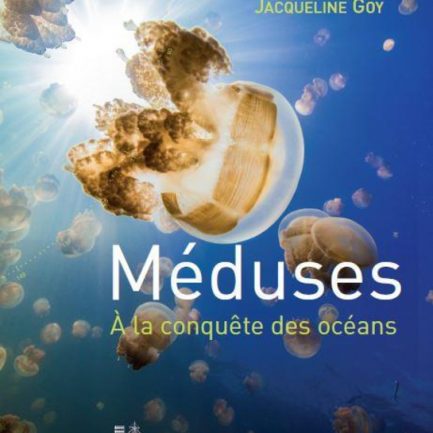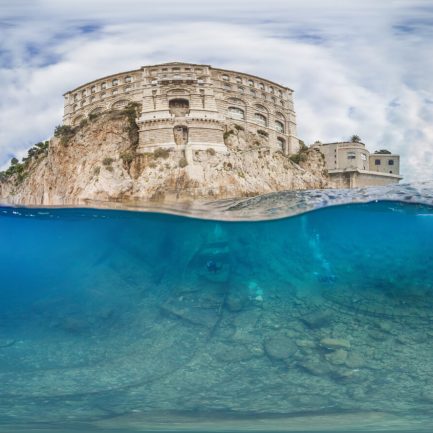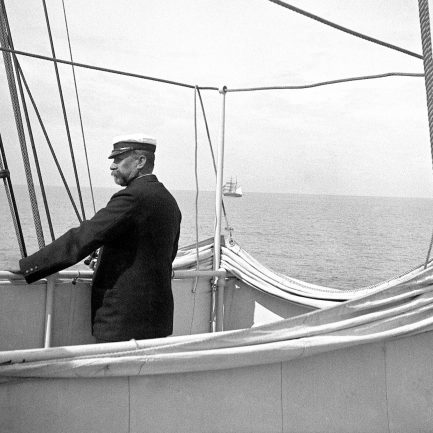Becoming an aquariologist
- Home
- Becoming an aquariologist
#Aquariologist - Aquarist
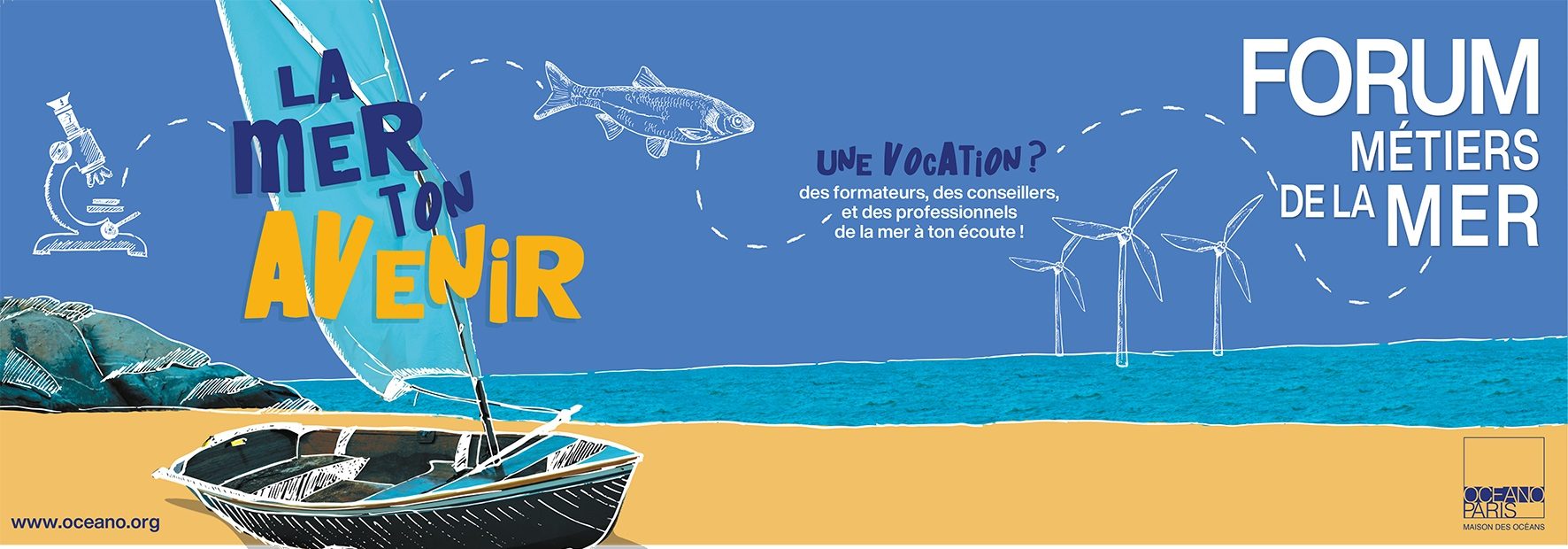
Alexandra, aquarist
My tasks and activities
“I am in charge of feeding the animals but also of the maintenance of the ponds with the maintenance of the filtration, cleaning of the windows, making and cleaning of the decorations, cutting and cultivation of the corals…
I am also in charge of land and sea turtles (I have a French green card to take care of injured turtles) as well as stocking and management.”
Training
- BTS Aquaculture
- Licence Pro Aquaculture and Aquariology
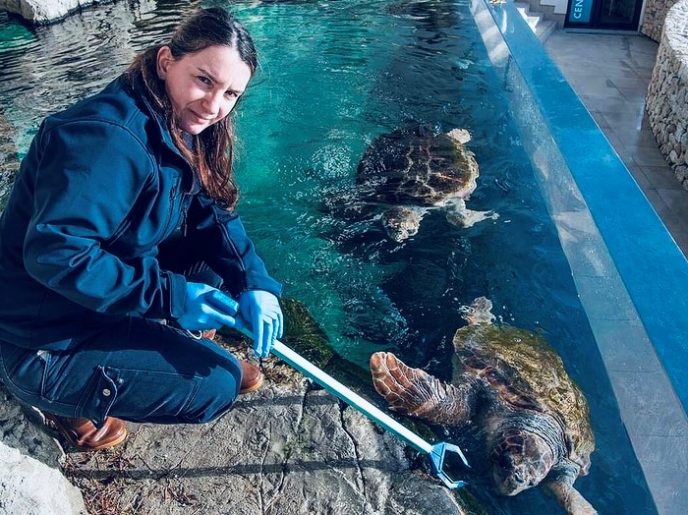
Aquariology, a team effort
In a public aquarium, the team in charge of managing the living displays is generally made up of a more or less large number of aquarium technicians and a team leader appointed as the aquarium’s manager or curator.
Regardless of their level of expertise and responsibility, and regardless of their position in the hierarchy, the team members share the same passion, that of the aquatic fauna and flora. They pool their skills and know-how to serve their missions of education, research and conservation of species and natural environments.
What does an aquariologist’s job involve?
Manipulation and observation of living organisms are an essential basis. The interior of the aquariums is not just a decoration. It is a true to life ecosystem where flora, invertebrates and vertebrates cohabit. The aquarist has an important knowledge of the biology of living creatures and knows their way of life perfectly. Good observers, they know how to interpret the behaviour of organisms and match their living conditions to their needs (water quality, scenery, current, light, food, cohabitation with other species).
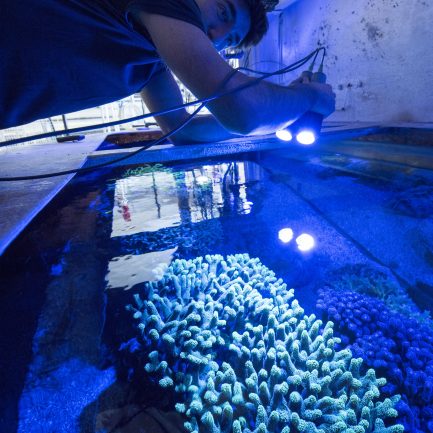
What training?
The profile sought is a technician or project manager level, which corresponds to a baccalaureate level (Bac+2, Bac+3 or Bac+4).
Various schools and universities, such as the Centre régional universitaire de la formation permanente de Montpellier (CREUFOP), the University of Nancy, the Institut des Sciences de l’Environnement & des Territoires d’Annecy (ISETA) and the Institut national des sciences et techniques de la mer de Cherbourg (INTECHMER) deliver these diplomas.
Scuba diving experience is often helpful. If some candidates already have the certificate of aptitude for hyperbaric work class 1 mention B, the others can follow a training course and obtain this qualification after the hiring, subject to the required medical aptitude.
The French legislation being very strict in this matter, this diploma is essential for dives in aquariums (cleaning of windows, structures and decorations, introduction of new specimens, etc.) or at sea within the framework of observation or collection missions.
When hired, other qualifications may be of interest to the employer, such as a driver’s license, first aid certificate, boating license or the ability to speak one or more foreign languages.
What is a typical day in the life of an aquariologist?
To become the manager of an aquarium, one must hold a certificate of competence, which is not a diploma, but an administrative authorization granted to a person to exercise this responsibility, this certificate constituting the proof of his competence to present living collections to the public.
Aquarium technicians or persons other than the person in charge may hold a certificate of competence. This is the case when they are competent to manage a part or a category of living collections. This situation often occurs in large structures where the Aquarium is divided into several areas or sectors.
The candidate must submit his file to the Direction départementale des services vétérinaires (DDSV) of his department. After the file has been examined, the candidate presents it to the advisory committee.
What is a typical day like for an aquarist?
His daily tasks include, of course, the care of the various species, but also the maintenance of the tanks and technical installations, the cleaning of the windows and walls – from the surface or by diving -, the inspection tour, the breeding, the harvesting in the natural environment and the processing of biological and technical data. He is also responsible for checking and maintaining the many devices required for the proper functioning of the tanks: pumping systems, filtration, thermoregulation, sterilization, etc.
Related trades
The same studies or training courses can thus lead to the exercise of different but nevertheless related professions, which present on the technical level or on that of knowledge of many similarities; the field of continental or marine aquaculture, that of the pet shop in store or large surface but also the professions resulting from the training courses in marine biology make it possible to assuage a basic passion common to all these fields; to take care of the aquatic living beings.







